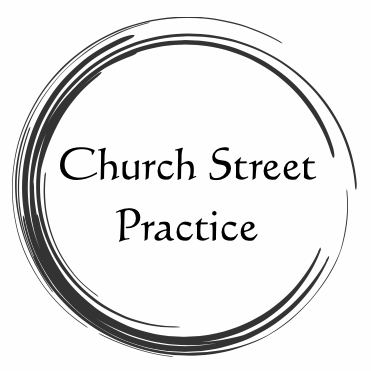What is arthritis?
The term arthritis is commonly used and terms such as “wear and tear” and “crumbling joints’ are often associated with it. However arthritis just means “inflammation of joints”.
The most common form is osteoarthritis and is often when people talk about wear and tear. It is most common in those over 45 and generally part of the gradual ageing process where joints start to take longer to repair following daily activities just like other parts of our body. It is associated with thinning of the cartilage which protects the bony surfaces of the inside of your joints and this can lead to swelling and inflammation. This causes pain and stiffness. In later stages, the body can lay down extra bone in compensation, leading to thickening of joints and reduced mobility.
However, the term wear and tear is a little unhelpful as people often think that they must stop activities in order to lessen the wear and tear but actually exercise is the best answer to arthritis as it improves muscle strength to support the joint and stimulates blood supply to the joints and drainage of waste irritants away from the joint.
So exercise does NOT make the joint worse! Osteopaths can help give advice on exercise and lifestyle choices to help manage the effects of osteoarthritis and work alongside your GP or other NHS practitioners.
Most osteoarthritic joints are associated with previous injury, misalignment causing uneven pressure on one side or on one particular joint (this is why sometimes people need a hip replacement on one hip but the other hip is completely healthy) or repetitive use either at work, with exercise or other hobbies. Exercise is good for you but it is always best to mix up various types to work different muscles, joints and help maintain a variety of postures.
Obesity can be a contributing factor as well as diets which lead to high cholesterol levels and increased blood pressure. Just a 10% reduction in weight of those with a BMI of 30 has been shown to lead to a 50% reduction in pain levels.
Other forms of arthritis tend to be those of inflammatory arthritis such as rheumatoid arthritis and others such as psoriatic arthritis which is common in those with psoriasis (skin condition). They tend to affect multiple joints and can occur in younger people, even children (juvenile arthritis). These are what are called autoimmune conditions where the body attacks itself and reasons for them are often be unclear but lifestyle choices, diet and trauma can be contributing factors. Rheumatoid arthritis has been shown to be linked to too much caffeine intake and too much red meat. Again, we can help with advice and treatment helping bring balance back to the body to manage the condition. Flare-ups will often need to be managed with medication from your GP and our osteopaths will always refer you if they feel that this is necessary.
Even these inflammatory conditions respond well to exercise but it is often a good idea to get help from a physiotherapist, osteopath or sports therapist as to what might work best for you
Another inflammatory condition is gout where deposits of uric acid build up and form crystals in one particular joint often at the base of the big toe. This can be helped through diet or medication from your GP.
So if you have increasing aches and pains, starting to have trouble bending to put your socks on or tucking your shirt in at the back or worsening stiffness and night pains, it is always a good idea to see what might be going on and preventing matters from getting worse. By no means do all arthritic joints end up needing surgical replacements so do seek advice from your GP, physiotherapist or one of our osteopaths earlier rather than later.
